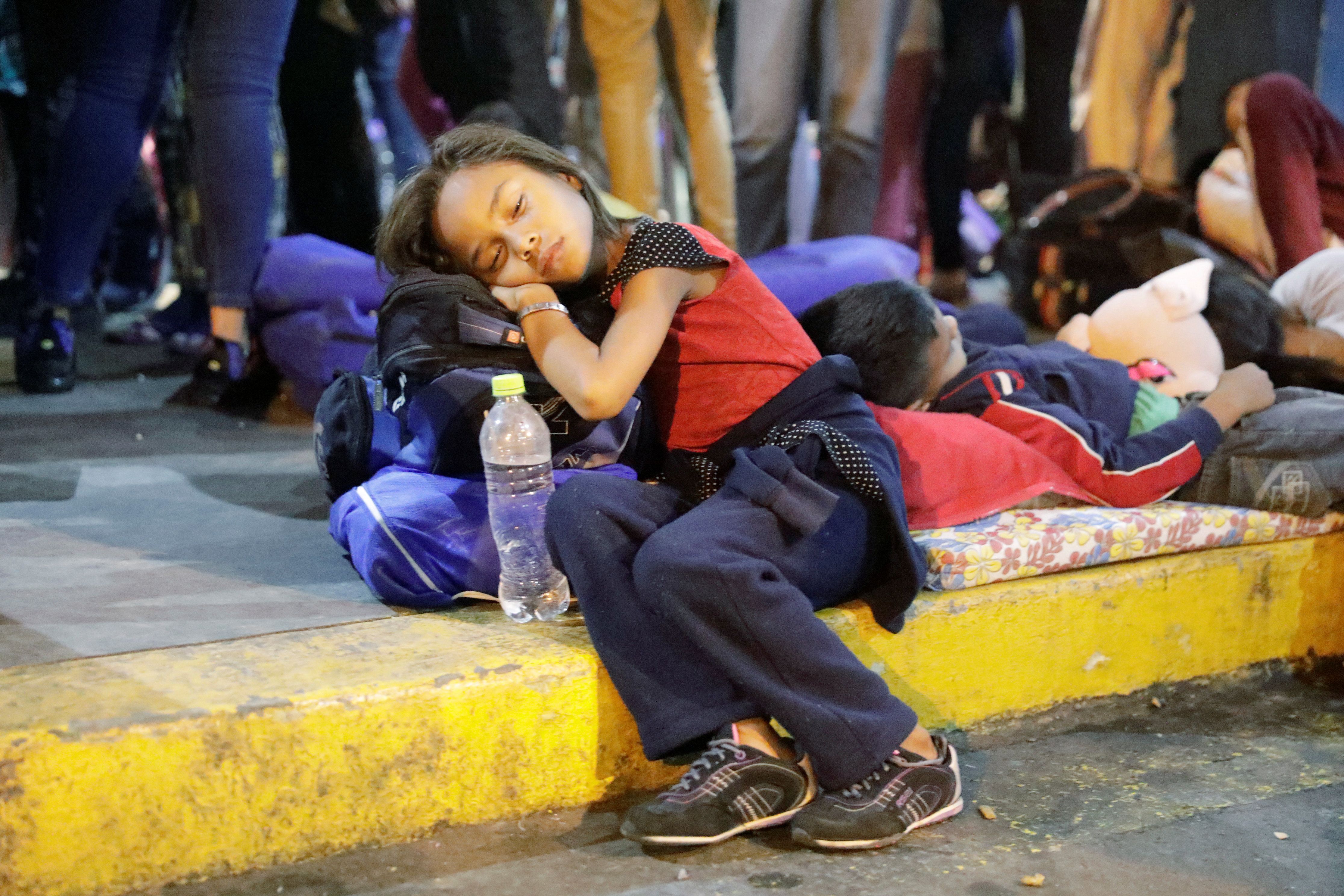Guyana rags to riches – If you knew your income would triple over the next four years, what would you do? That's the wonderful (and fascinating) problem facing the small South American nation of Guyana after the recent discovery there of one of the world's biggest offshore oil reserves. The country's 780,000 people are currently awaiting the results of the presidential and legislative elections held earlier this week. The winners of that vote will be responsible for guiding this nation through one of the most dramatic increases in national wealth in recent world history. At the moment, Guyana's GDP per person is less than $5,000. As it goes from being one of the Western hemisphere's poorest countries per capita to one of its wealthiest, will Guyana's people prosper? Or will this country fall prey to ethnic divisions as citizens of African and Indian descent fight for the spoils. Will it suffer what political scientists call "the resource curse" as a tidal wave of new money warps the economy and feeds rampant corruption? Stay tuned.
Free Time in Iran – Are you stuck in an Iranian prison and want to go home? Good news. You're free to go. If you have tested negative for Coronavirus. And you're serving a sentence of less than five years. To this point, Iran is home to the deadliest Coronavirus outbreak outside China. Afraid that overcrowded prisons help Coronavirus spread, Iranian authorities announced this week that 54,000 prisoners will be freed temporarily. We'll be watching to see how they spend their "free time," and how difficult it might prove to return them all to jail in the future.
Maduro babies – "Every woman should have six children for the good of the country." So says Venezuela's Nicolas Maduro, president of a country that is home to severe shortages of food and medicine. By having more children, he seems to believe, Venezuela can eventually end its politically driven economic collapse.
